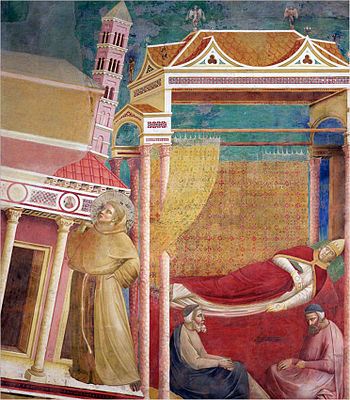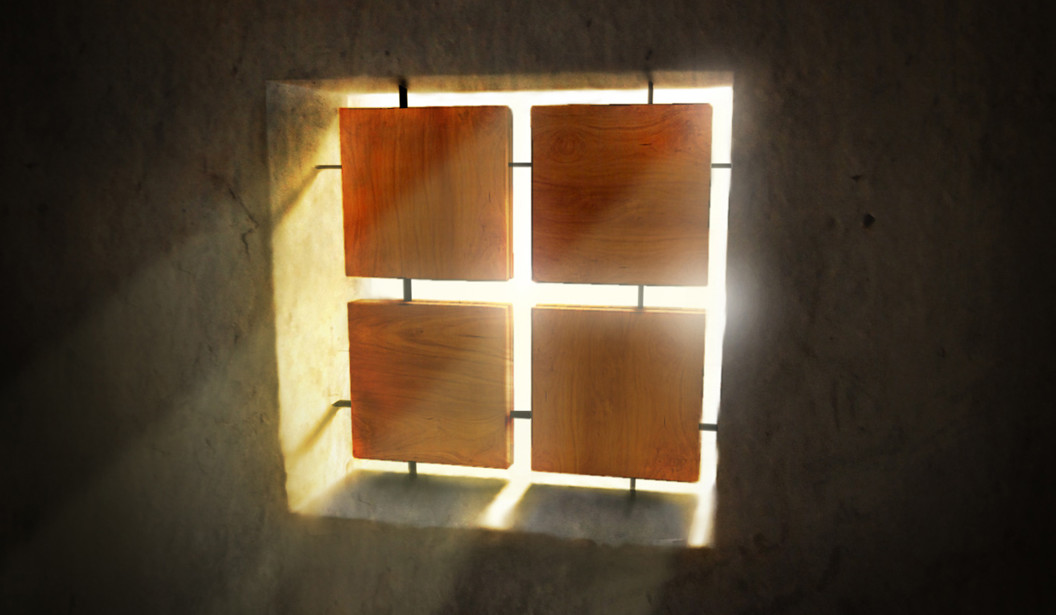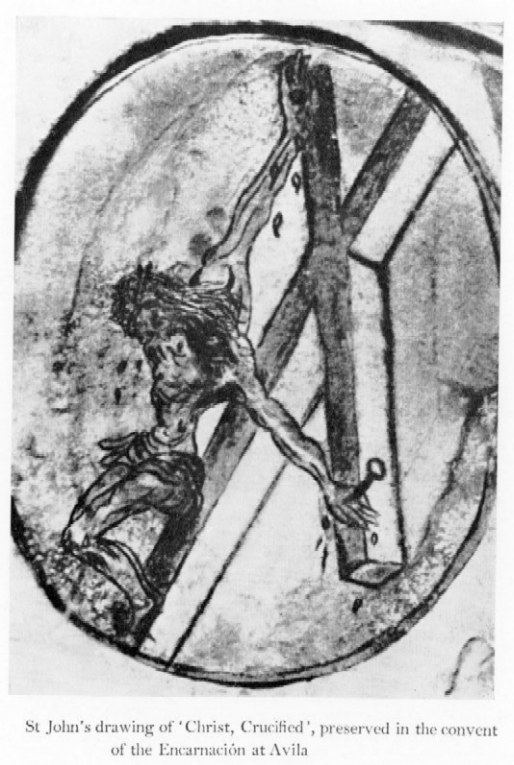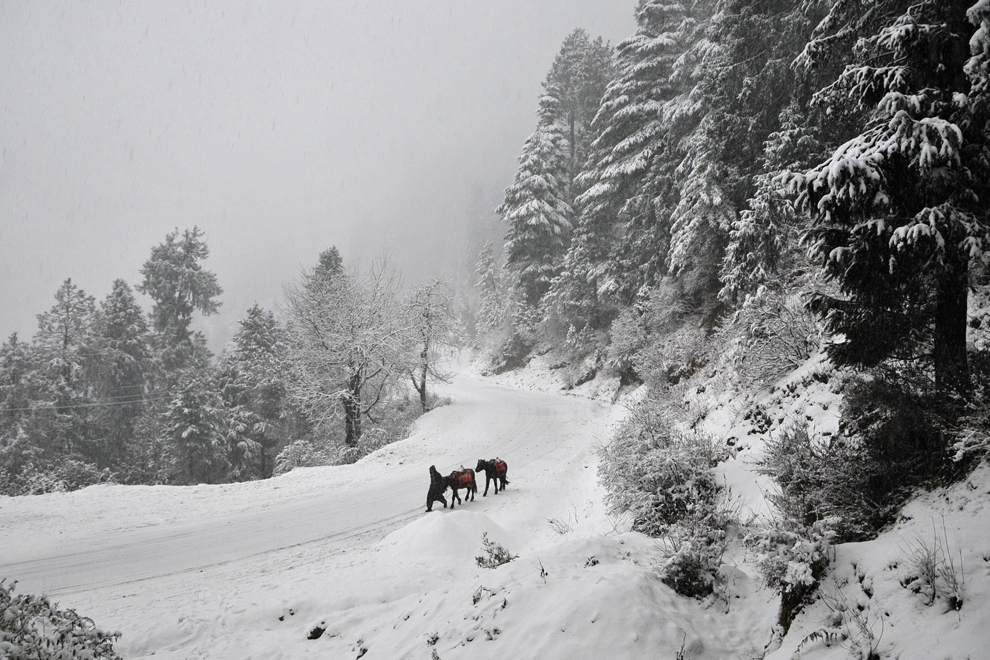The following Gregorian chant from medieval times Dies Irae/Day of Wrath is attributed to Thomas of Celano. I am guided to the chant for several reasons. One being seemingly mere chance. I posted the Angelus and once completing a viewing, the lovely rendition of Dies Irae stood poised for clicking. I witnessed the video, moved by the rendition. I recalled the chant being associated with Thomas of Celano. The writing of the chant is recognized unofficially by Brother Thomas. Brother Thomas, an early Franciscan wrote a definitive biography of St Francis that is vital to my spiritual growth. The work is grander than the telling of simply the life of St Francis. All respect given to the immensity of the life of St Francis, the time he was born and his social and religious ramifications, the biography written by Thomas of Celano is a spiritual endeavor on an individual level, a guide through scripture, spiritual thought, while ruminating upon the events of the life of St Francis. I have a fiction work in progress I have actually abandoned, one calling me to finish. I feel it is my opus maximum. It is the story of an errant knight, the ill-begotten son of a priest, a man of immense physical proportions at war with not only the world, yet torn inside from an unknown father infamous as a corrupt priest, and a beautiful mother overly-compassionate, obsessively attached to her only son, a woman outcast with only her son for companionship. The severe affliction the mother inflicts upon her son through intense unfocused love, pouring all of her faith, hope, and charity into her offspring damages the child’s psyche. The troubled psyche also greatly affected by an absent father, a man of ill-repute who wore the collar of a priest. The mother dies the death of a leper. Her son moves into the world as Man Tower, a mammoth man of might known for his cruelty in battle–his moniker in respect to the towers commonly built in cities of Italy during the time. He represents a tower of defense personified. A modern Achilles loving only war, fearing not death, while all fear his appearance upon the battlefield. During this time, the time of St Francis, the years roughly a thousand years after the death of Our Lord, a complex psychological time. Many saw the end of the world after the thousand year reign of man after the death and resurrection of Our Lord. The Church was lost, corrupt priest running rampant morally and economically. Social conditions were evolving as feudalism gave way to a hierarchal social structure based upon mercantilism; royalty being usurped by markets, individuals gaining ascendency over the church and royal domination. The common man was emerging as a vital economic and political force. St Francis appeared during this critical time offering not only reform in the church, always keep in mind Pope Innocent’s dream of St Francis holding up the church. St Francis and St Clare also provided immense social change in their embracing of poverty, truly demonstrating the worth of knowing the Lord through lacking rather than riches. They lived in a time when riches became accessible, a viable dream for every peasant, either through economic enterprise or spoils gained through knightly efforts in the Holy Land. The dream of wealth established itself as a dream in the mind of every man (including priest), woman, and child. Whether realized or not, avariciousness became a mental preoccupation for every man.
Anyway to cut myself short. In this work, I place scripture as stolen from Thomas of Celano’s biography of St Francis within the story, synchronously dropped in throughout. As Thomas of Celano applied it to the telling of the life of St Francis, I use it the same in my story. Thy Will be done. St Francis and St Clare play vital within the story told around their times and lives. Now I would like to honor the chant associated with Thomas of Celano. First introducing the theme of death through the writing of St Alphonsus De Liguroi. The chant is a sobering, long forgotten, and much needed reminder of man’s finality, with a very clear admonition that we had better be prepared for judgment and eternity.
My brother, if you wish to lead a proper life, endeavor to live during the days which may remain to thee, keeping death ever in view. ” O death, thy judgment is good.” (Ecclus. xli. 3.) Oh how well does he who judges of things and regulates his actions act; who judges and regulates them, with death ever in view. The memory of death makes us lose the affection which we feel for things that are earthly”. Let the end of this life be thought upon, and there will be nothing in this world to be loved,” observes S. Lawrence Justinian”. For all that is in the world: the lust of the flesh, and the lust of the eyes, and the pride of life.” (i S. John ii. 16.) All the pleasures of the world may be reduced to the pleasures of sense, the pleasures of riches and honors; but he who thinks that within a short time he will be reduced to ashes, and that he will be food for worms under the earth, despises all the pleasures the world can give him. –St Alphonsus De Liguroi ‘Preparation for Death’.
It is but seldom a sinner is found so hopeless, as to wish to be preparation for condemned. Sinners are willing to sin, but they are not willing to give up the hope of being saved. They commit sin, and say to themselves, God is merciful ; I will commit this sin, and afterwards confess it. Behold, says S. Augustine, this is how sinners talk: “God is good, I will do what it pleaseth me;”but O God, how many, who are now in hell, have said the same!
The Lord tells us not to say that the mercies of God are great, and that although we may commit many sins, by one act of sorrow they will be pardoned. “Say not the mercy of the Lord is great, He will have mercy on the multitude of my sins”. (Ecclus. v. 6.) God tells us not to say this, and wherefore”? For mercy and wrath quickly come from Him, and His wrath worketh upon sinners”. (Ecclus. v. 7.) The mercy of God is infinite, but the acts of this mercy, are finite. God is merciful, but He is also just. S. Basil observes that sinners will only consider God in one aspect”. The Lord is good, but also just; we are unwilling to think of God in His half-nature”. To bear with him who makes use of the mercy of God, only to do Him more offence, observes Father Avila, would not be mercy, for justice would be lacking. Mercy is promised to him who fears God, not, indeed, to him who abuses it, as the holy Virgin sang”, His mercy is on them that fear Him”. To the obstinate, justice is threatened, and, as S. Augustine observes, God never fails in His promises, neither does He fail in His threats. –St Alphonsus De Liguroi ‘Preparation for Death’.
Dies Irae/Day of Wrath
DIES irae, dies illa,
solvet saeculum in favilla,
teste David cum Sibylla.
Day of wrath and doom impending,
David’s word with Sibyl’s blending,
Heaven and earth in ashes ending.
Quantus tremor est futurus,
quando iudex est venturus,
cuncta stricte discussurus!
O what fear man’s bosom rendeth,
When from heaven the Judge descendeth,
On whose sentence all dependeth.
Tuba mirum spargens sonum
per sepulcra regionum,
coget omnes ante thronum.
Wondrous sound the trumpet flingeth,
Through earth’s sepulchers it ringeth,
All before the throne it bringeth.
Mors stupebit et natura,
cum resurget creatura,
iudicanti responsura.
Death is struck, and nature quaking,
All creation is awaking,
To its Judge an answer making.
Liber scriptus proferetur,
in quo totum continetur,
unde mundus iudicetur.
Lo, the book exactly worded,
Wherein all hath been recorded,
Thence shall judgment be awarded.
Iudex ergo cum sedebit,
quidquid latet apparebit:
nil inultum remanebit.
When the Judge His seat attaineth,
And each hidden deed arraigneth,
Nothing unavenged remaineth.
Quid sum miser tunc dicturus?
quem patronum rogaturus?
cum vix iustus sit securus.
What shall I, frail man, be pleading?
Who for me be interceding
When the just are mercy needing?
Rex tremendae maiestatis,
qui salvandos salvas gratis,
salva me, fons pietatis.
King of majesty tremendous,
Who dost free salvation send us,
Fount of pity, then befriend us.
Recordare Iesu pie,
quod sum causa tuae viae:
ne me perdas illa die.
Think, kind Jesus, my salvation
Caused Thy wondrous Incarnation,
Leave me not to reprobation.
Quarens me, sedisti lassus:
redemisti crucem passus:
tantus labor non sit cassus.
Faint and weary Thou hast sought me,
On the Cross of suffering bought me,
Shall such grace be vainly brought me?
Iuste iudex ultionis,
donum fac remissionis,
ante diem rationis.
Righteous Judge, for sin’s pollution
Grant Thy gift of absolution,
Ere that day of retribution.
Ingemisco, tamquam reus:
culpa rubet vultus meus:
supplicanti parce Deus.
Guilty now I pour my moaning,
All my shame with anguish owning,
Spare, O God, Thy suppliant groaning.
Qui Mariam absolvisti,
et latronem exaudisti,
mihi quoque spem dedisti.
Through the sinful woman shriven,
Through the dying thief forgiven,
Thou to me a hope hast given.
Preces meae non sunt dignae:
sed tu bonus fac benigne,
ne perenni cremer igne.
Worthless are my prayers and sighing,
Yet, good Lord, in grace complying,
Rescue me from fires undying.
Inter oves locum praesta,
et ab haedis me sequestra,
statuens in parte dextera.
With Thy sheep a place provide me,
From the goats afar divide me,
To Thy right hand do Thou guide me.
Confutatis maledictis,
flammis acribus addictis.
voca me cum benedictis.
When the wicked are confounded,
Doomed to flames of woe unbounded,
Call me with Thy Saints surrounded.
Oro supplex et acclinis,
cor contritum quasi cinis:
gere curam mei finis.
Low I kneel with heart’s submission,
See, like ashes, my contrition,
Help me in my last condition.
Lacrimosa dies illa,
qua resurget ex favilla.
iudicandus homo reus:
huic ergo parce Deus.
Ah! That day of tears and mourning,
From the dust of earth returning,
Man for judgment must prepare him,
Spare, O God, in mercy spare him.
Pie Iesu Domine,
dona eis requiem. Amen.
Lord, all-pitying, Jesus blest,
Grant them Thine eternal rest. Amen.







Recent Comments